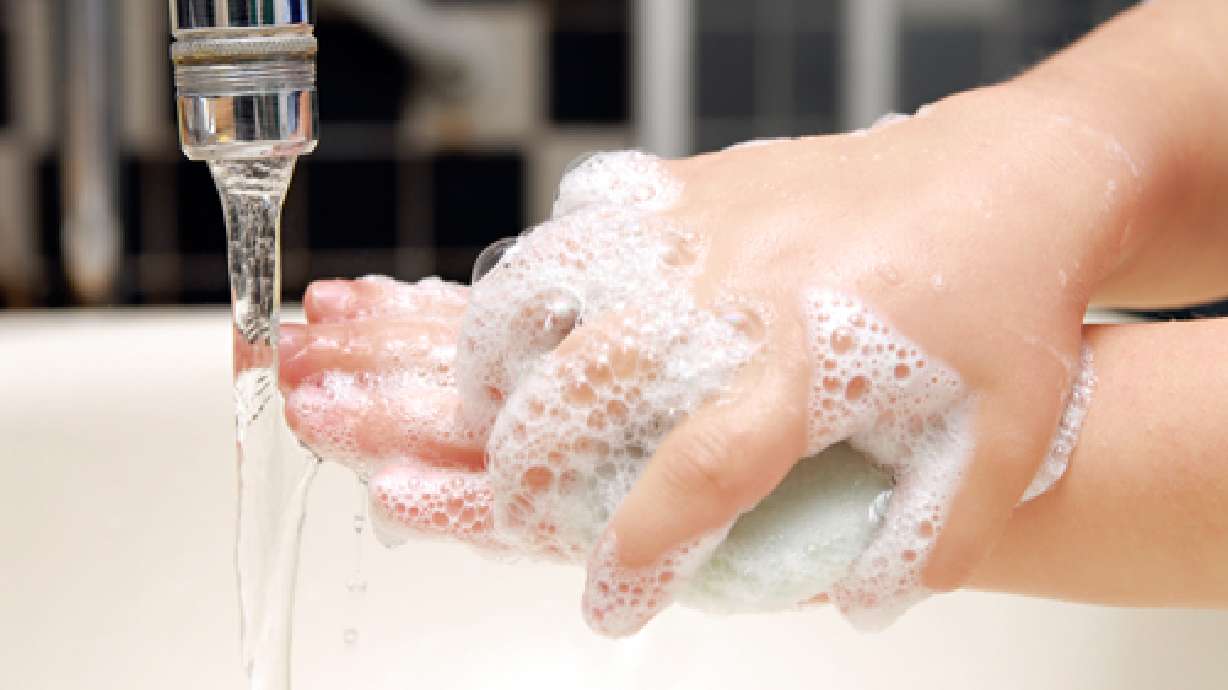Estimated read time: 2-3 minutes
This archived news story is available only for your personal, non-commercial use. Information in the story may be outdated or superseded by additional information. Reading or replaying the story in its archived form does not constitute a republication of the story.
SALT LAKE CITY — Soap, toothpaste and other personal-hygiene products — all meant to protect children from germs and dirt — may actually be doing them harm.
A new study has found that children exposed to common antibacterial chemicals and preservatives are more than twice as likely to develop food and environmental allergies, due to a weakened immune system.
Researchers at Johns Hopkins University examined data from a health survey of 860 children ages 6 to 18 and found that high urinary levels of antimicrobial agents — those found in hygiene products — were linked with a greater presence of IgE antibodies in a child's blood.
IgE antibodies are chemicals the body produces in response to allergens. They are greatly elevated in people with allergies.
Researchers cautioned that although there was a link between high usage of antibacterial products and the development of allergies, the antimicrobial chemicals do not likely cause the allergies. It is more likely that they hamper the development of the immune system, which in turn allows the child to develop allergies.
Related:
The findings give support to the hygiene hypothesis, according to researchers, which offers one possible explanation for growing rates of food and environmental allergies in the developed world.
The hypothesis suggests that exposure in early childhood to common germs is a necessary part of building a healthy immune system. Lack of such exposure can lead to an overactive immune system that fights substances such as food proteins, pollen or pet dander, as is the case with allergies.
Certain types of chemicals seemed to lead to different allergies, as well. Children with high levels of chemicals found in soap, mouthwash and toothpaste were more likely to develop food allergies. And children with higher levels of chemicals found in cosmetics, food and medications were more likely to develop environmental allergies.
A future study, in which babies exposed to antibacterial ingredients at birth will be followed throughout childhood, is planned to clarify the link between antimicrobial chemicals and allergies.









